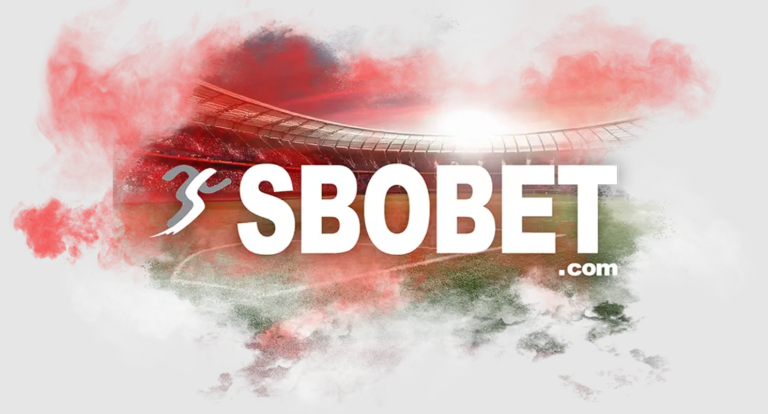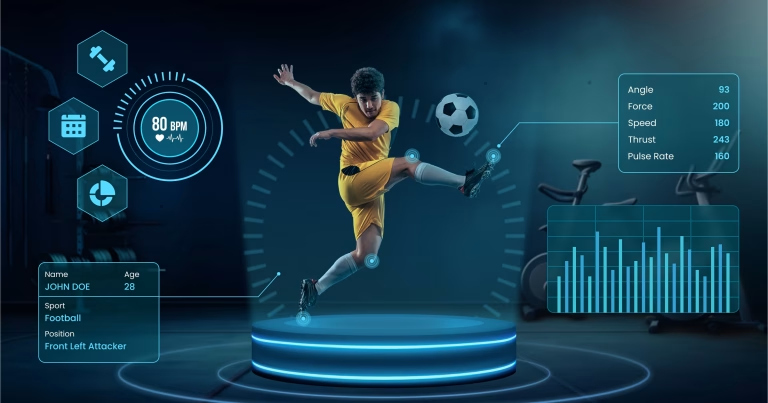Breaking the Comparison Trap: How to Focus on Your Own Path
Comparison is part of human nature. We look at what others have, measure it against our own progress, and wonder if we are falling behind. Sometimes it feels like a game of chance, similar to trying your luck at a coin flip online casino, where outcomes can seem random and outside of our control. But unlike games, comparison is a habit that drains focus and keeps us from walking our own path.
Why Comparison Feels Unavoidable
From an early age, we are taught to evaluate ourselves against peers. Grades, performance, or achievements are often presented in relative terms. As adults, this continues. Career titles, income, possessions, even lifestyle choices become markers of success.
The problem is that comparison rarely stops at observation. It turns into judgment. Instead of asking “What can I learn?” the question becomes “Why don’t I have that?” This mental loop creates frustration and erodes confidence.
The Hidden Cost of Comparison
Constant comparison doesn’t just create envy—it divides attention. Energy that could be spent on personal goals gets tied up in watching others. Instead of progress, there is hesitation.
There’s also a distortion effect. Social platforms and casual conversations highlight only fragments of other people’s lives. Most often, those fragments are curated to show success. Comparing your full reality to someone else’s highlights produces an unfair and unrealistic picture.
Understanding Your Own Path
Breaking the trap starts with clarity. What do you want, independent of external standards? This question isn’t easy. It requires stripping away what you think you should want and focusing on what aligns with your values.
Your path may not look impressive on the outside. It may involve choices that others overlook. But the point is not to win in comparison. The point is to move steadily in a direction that feels right for you.
Shifting from External to Internal Measures
One practical step is shifting from external markers of success to internal ones. Instead of measuring yourself against someone else’s career, ask whether your work allows you to grow. Instead of comparing possessions, ask whether your choices bring you stability or peace of mind.
This shift changes the frame. Progress becomes about alignment with your own goals, not about matching or surpassing someone else’s milestones.
Building Awareness of Triggers
Comparison often arises in predictable contexts. For some, it’s scrolling through updates online. For others, it’s conversations with colleagues or extended family. Noticing when and where these feelings appear is important.
Once identified, you can choose how to respond. Maybe that means reducing exposure to certain spaces. Or maybe it means pausing to ask why a specific achievement triggers discomfort. These small reflections build resilience.
Turning Comparison into Learning
Not all comparison is harmful. Observing what others do can spark ideas or open possibilities you hadn’t considered. The key difference lies in intent. If comparison is used to learn rather than to judge, it can fuel growth instead of envy.
For example, noticing how someone balances their time might inspire you to adjust your own routine. The focus stays on what you can apply, not on what you lack.
Daily Practices to Reframe Focus
- Set personal metrics. Define success based on your own priorities, not general standards.
- Track your progress. Journals or notes remind you of growth that may otherwise go unnoticed.
- Limit comparison triggers. Create boundaries with spaces or conversations that spark negativity.
- Practice gratitude. Acknowledging what is already working can soften the urge to compare.
- Seek role models, not rivals. Learn from others without turning them into benchmarks.
These practices reinforce the habit of focusing inward. Over time, the pull of comparison weakens.
The Long-Term Payoff
Breaking the comparison trap doesn’t mean ignoring others completely. It means reducing the hold they have over your sense of direction. With focus shifted inward, energy once wasted on doubt becomes fuel for steady progress.
The payoff is not instant. Like any practice, it takes repetition. But each time you choose your own path over someone else’s highlight reel, you build confidence in your ability to guide yourself.
Final Thoughts
Comparison may be part of human nature, but it doesn’t have to control the course of your life. By learning to recognize triggers, shift focus inward, and redefine success, you reclaim energy for what matters most. Progress then becomes less about winning against others and more about building a path that feels steady and real.







